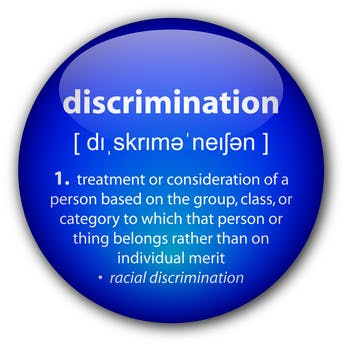By Gregory D. Hanscom
Unless you were completely ignoring the news over the past couple of weeks, it was difficult to miss the debate spurred by the religious freedom bills that were passed in both Indiana and Arkansas.
This nationwide debate refocused attention on what many people believe to be pervasive discrimination against individuals on the basis of sexual orientation and gender identity. As this debate was ongoing, many people (lawyers and non-lawyers alike) were surprised to learn that sexual orientation and gender identity are not protected classifications under federal and many state anti-discrimination statutes.
Congress now appears poised to address this issue head-on.
New anti-discrimination legislation is coming
Rep. David Cicilline, D-R.I., and Sen. Jeff Merkley, D-OR, recently announced that they expect to introduce “comprehensive” legislation in both chambers of Congress aimed at protecting individuals from discrimination on the basis of sexual orientation and gender identity.
This yet to be introduced “comprehensive” legislation will likely cover discrimination in areas such as employment, housing and commercial transaction, but also include some type of religious exemption.
On the employment side, many anticipate the legislation will, in substance, be similar to the Employment Non-Discrimination Act or ENDA, a piece of legislation that has essentially been introduced during every Congressional session since 1994.
Boiled down to its basics, ENDA, if enacted, would prohibit discrimination in hiring and employment on the basis of sexual orientation and gender identity by employers with 15 or more employees. In 2013, ENDA was passed by the Senate with strong bipartisan support, but it became bogged down in the House and never made it to President Obama’s desk.
While some remain skeptical that a new comprehensive anti-discrimination law will actually make it through Congress and enacted into law, the issue of discrimination against individuals on the basis of sexual orientation and gender identity will not be going away anytime soon.
State and local laws are possible, too
With every passing day, Congressional action on this issue seems more and more likely. However, even if federal anti-discrimination laws do not change in the short term, this debate, reinvigorated by the passage of religious freedom laws, will likely result in significant legislative activity at the state and local levels of government.
Employers must stay apprised of potential changes to anti-discrimination laws at all levels, not just the federal level, of government as the debate continues over the rights of individuals in the LGBT community.
This was originally published on Fisher & Phillips Government Solutions blog.
